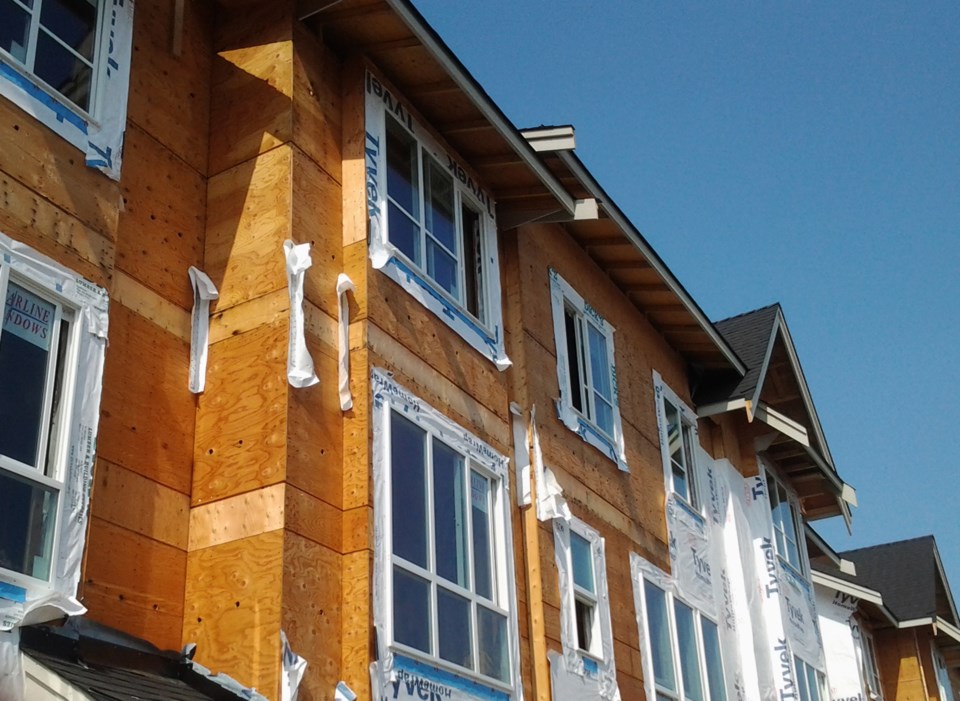The City of Delta is going to eliminate many incentives for developers.
Council last week voted in favour of a staff recommendation to amend the Delta Industrial and Tourism Revitalization Tax Exemption Program Bylaw and the 72nd Avenue Revitalization Bylaw.
Also on the chopping block is the Scott Road Revitalization Tax Exemption Program Bylaw, which freezes municipal property taxes for a site at a base level for up to three years, provides development cost charge reductions for low environmental impact high-rise buildings as well as municipal fee reductions.
The plan is for the city to cease entering into any further Revitalization Tax Exemption
Agreements under all those arrangements.
The Delta DLC Landfill Site Economic Investment Zone and Revitalization Tax Exemption
Program Bylaw, which keeps municipal property taxes maintained at base level for five years for a development site, will be allowed to expire in a couple of years.
Staff will also bring forward a bylaw to rescind the South Delta Revitalization Tax Exemption Program Bylaw but will develop Ladner-specific development incentives, consistent with the recommendations of the Ladner Village Renewal Advisory Committee.
Staff will also bring forward a Development Cost Charges waiver bylaw to provide incentives for affordable housing and supportive living housing developments.
A report to council notes that between 2011 and 2016, Delta enacted several revitalization tax exemption bylaws, but since that time local and regional economic conditions have changed, development needs have changed and Delta's vision for some areas of the community have also changed.
In December 2020, council adopted a Parks, Recreation and Culture Amenity Contribution Policy.
Under that policy, the majority of new multi-unit, mixed-use and larger complex developments in the city will contribute to the cost of new amenities to support community growth.
With the exception of Ladner Village, that new policy is Delta-wide.
Council earlier this year also directed staff to undertake a review of current development cost charges as well as prepare a separate report on the revitalization tax incentive programs, including options for removal of those incentives for developers.
Staff are also developing separate recommendations related to a Sustainability Assessment to replace the Green Growth Index.



